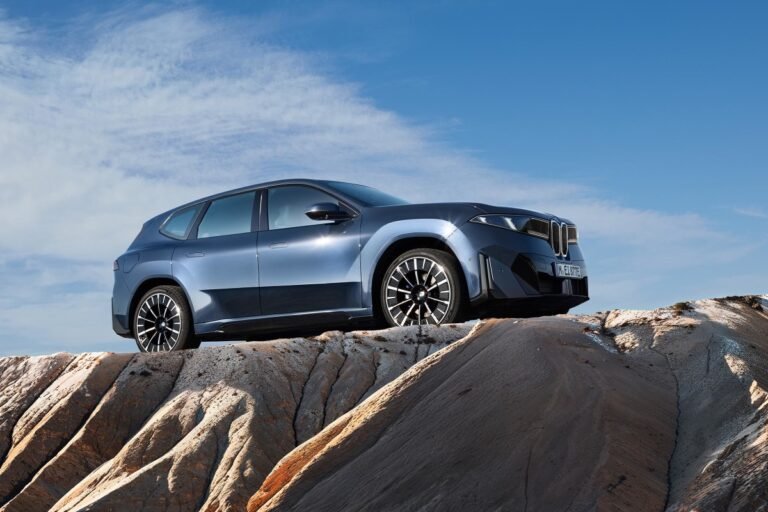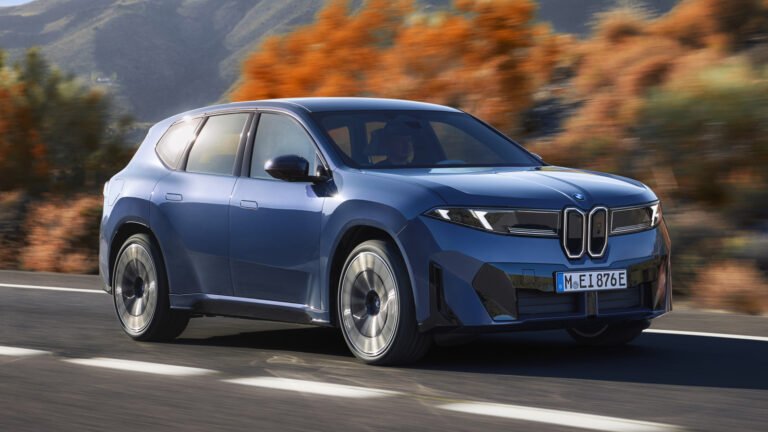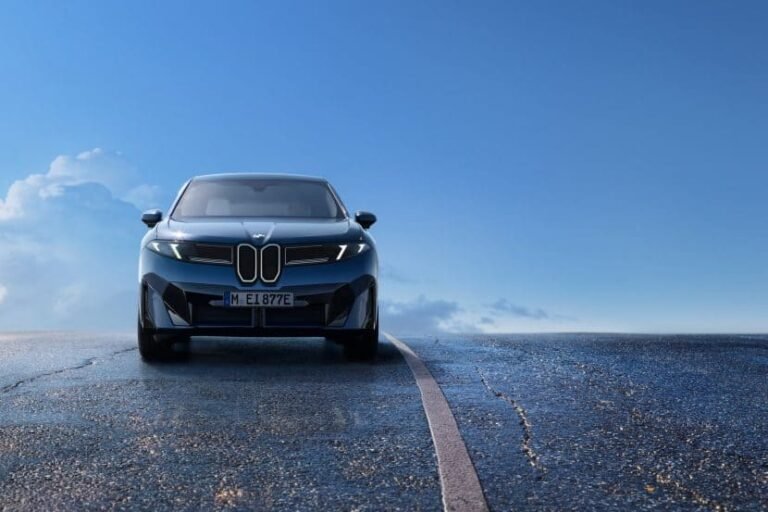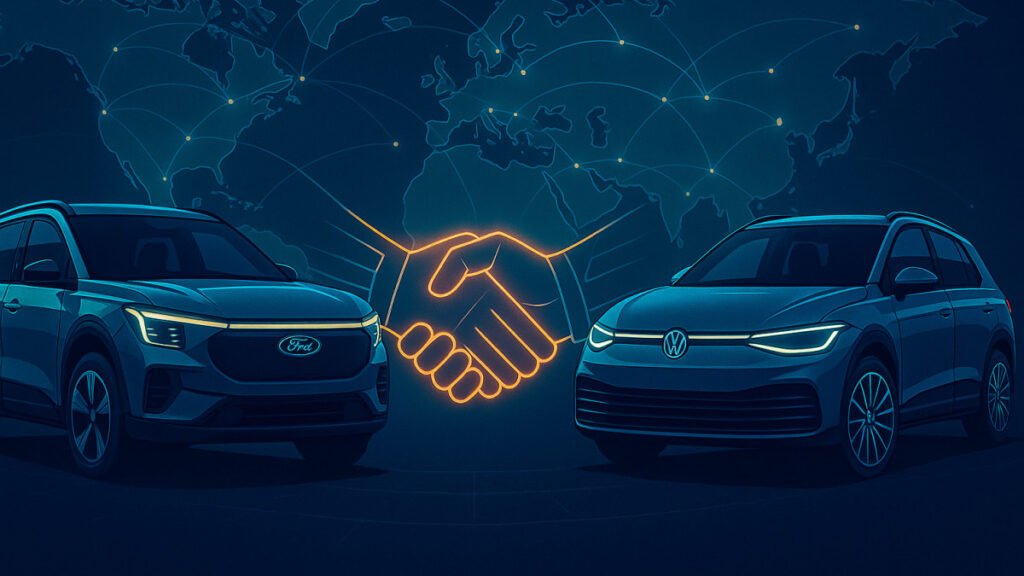
Ford CEO Jim Farley has made it clear: the company’s partnership with Volkswagen isn’t just about shared badges, it’s about saving serious money. Speaking during Ford’s Q2 2025 earnings call, Farley pointed out that sharing platforms with VW is helping Ford slash development costs and complexity while broadening its reach in critical markets.
Vince Mignott/MB Media/Getty Images
Building for Each Other
The partnership dates back to 2018, but it’s only now that the collaboration is starting to show its depth. Ford’s Explorer EV and Capri EV in Europe both use Volkswagen’s MEB platform, while VW’s Amarok pickup leans heavily on the current Ford Ranger. Even the new Transporter van is based on the Ford Transit Custom, built at Ford’s Otosan plant in Turkey.
“This is the first generation where we are building for other people,” Farley said, noting that VW is scaling Ford platforms while Ford is scaling VW’s. The result, he explained, is a better cost base that frees up resources for other projects. That matters when rivals like Chevy are pulling ahead of Ford in the fight for EV buyers by focusing on affordable, value-driven electric models.
Ford Motor Company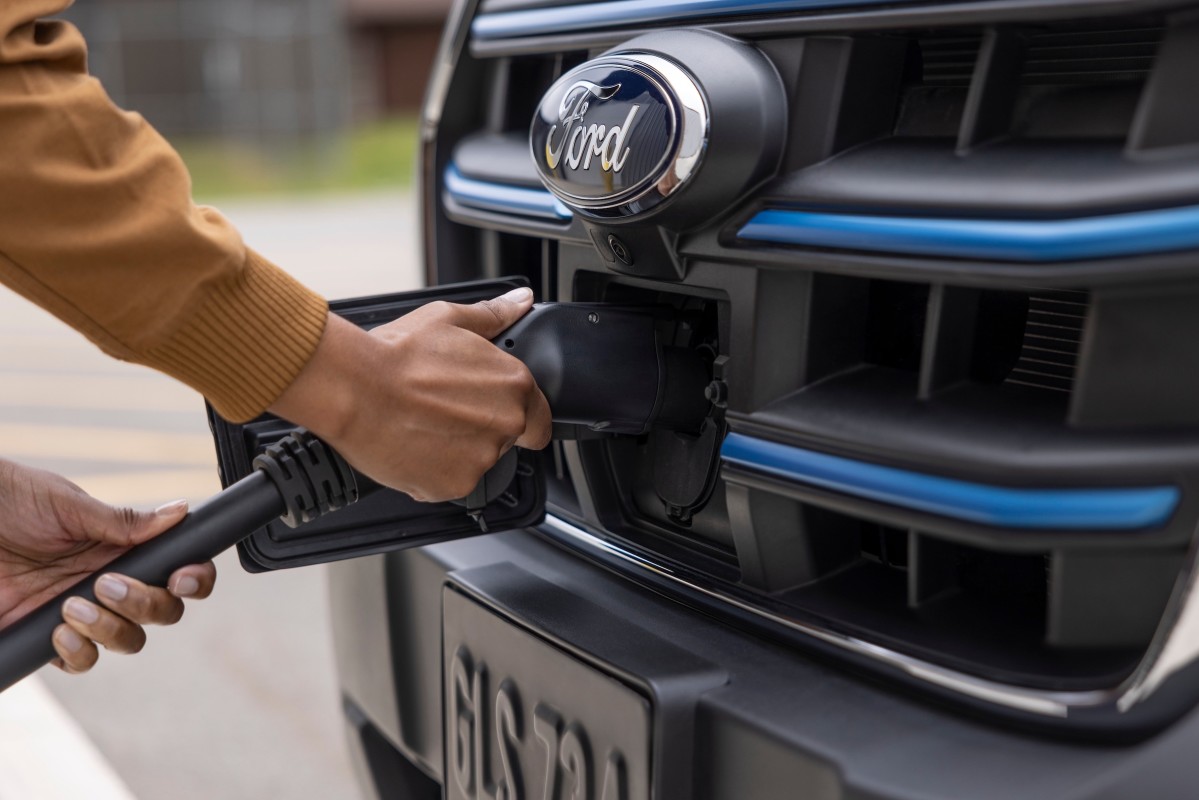
Partnerships as Strategy
Farley has also emphasized that Ford’s global EV strategy relies on partnerships, rather than going it alone. That could mean additional deals beyond VW, though he declined to name other potential collaborators. The thinking is straightforward: EV development is expensive, and alliances help balance the books.
This thinking also extends to Lincoln, where Farley recently hinted that the brand’s future may lie beyond EVs entirely. That shows just how much Ford is willing to adapt its playbook depending on the segment and brand.
Ford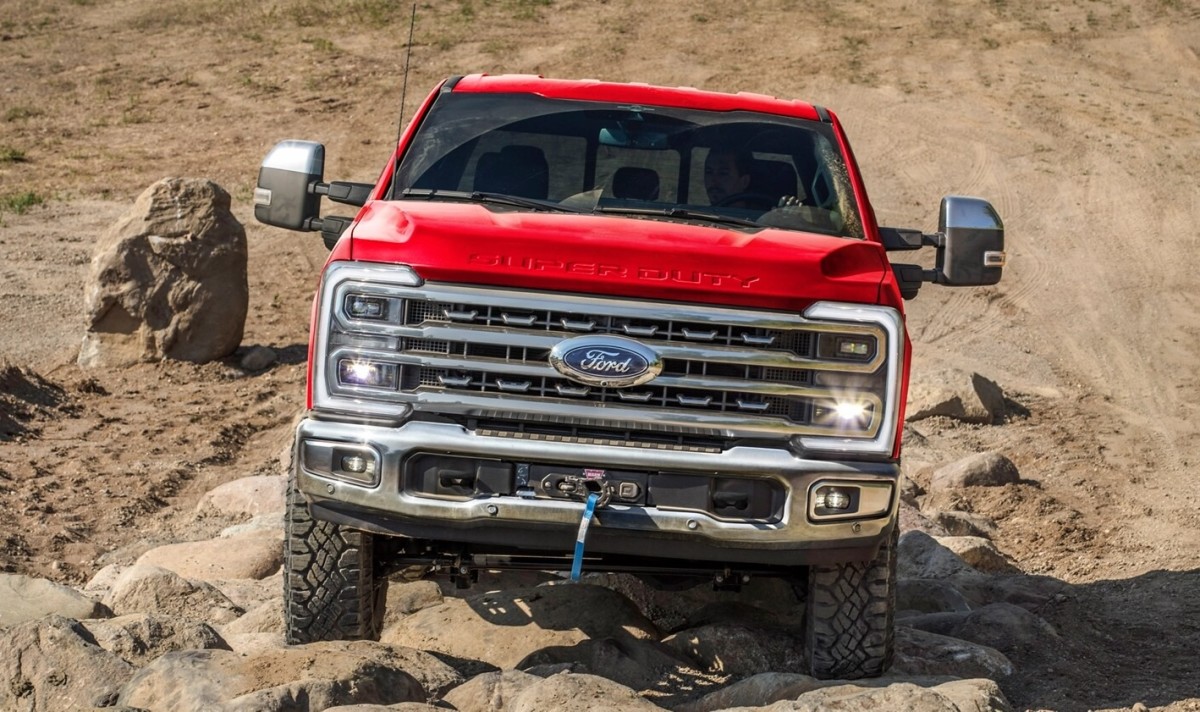
Balancing Innovation With Recalls
Even as Farley touts cost savings, Ford is still spending big on repairs and recalls. Just last week, the automaker recalled 355,000 trucks over dark instrument panels, a reminder that efficiencies in one area can easily be canceled out by expensive fixes in another. These challenges underline why Ford needs its VW partnership to work: less money spent on reinventing platforms means more resources to handle problems when they arise.
My Final Word
Ford’s alliance with Volkswagen is a reminder that the auto industry’s new era is really about collaboration. By leaning on VW’s MEB platform and offering its own trucks and vans in return, Ford has created a cycle of cost-cutting that supports its bigger EV strategy. But with Chevy taking EV market share, recalls still straining resources, and questions over Lincoln’s direction, Farley’s balancing act is far from over.
